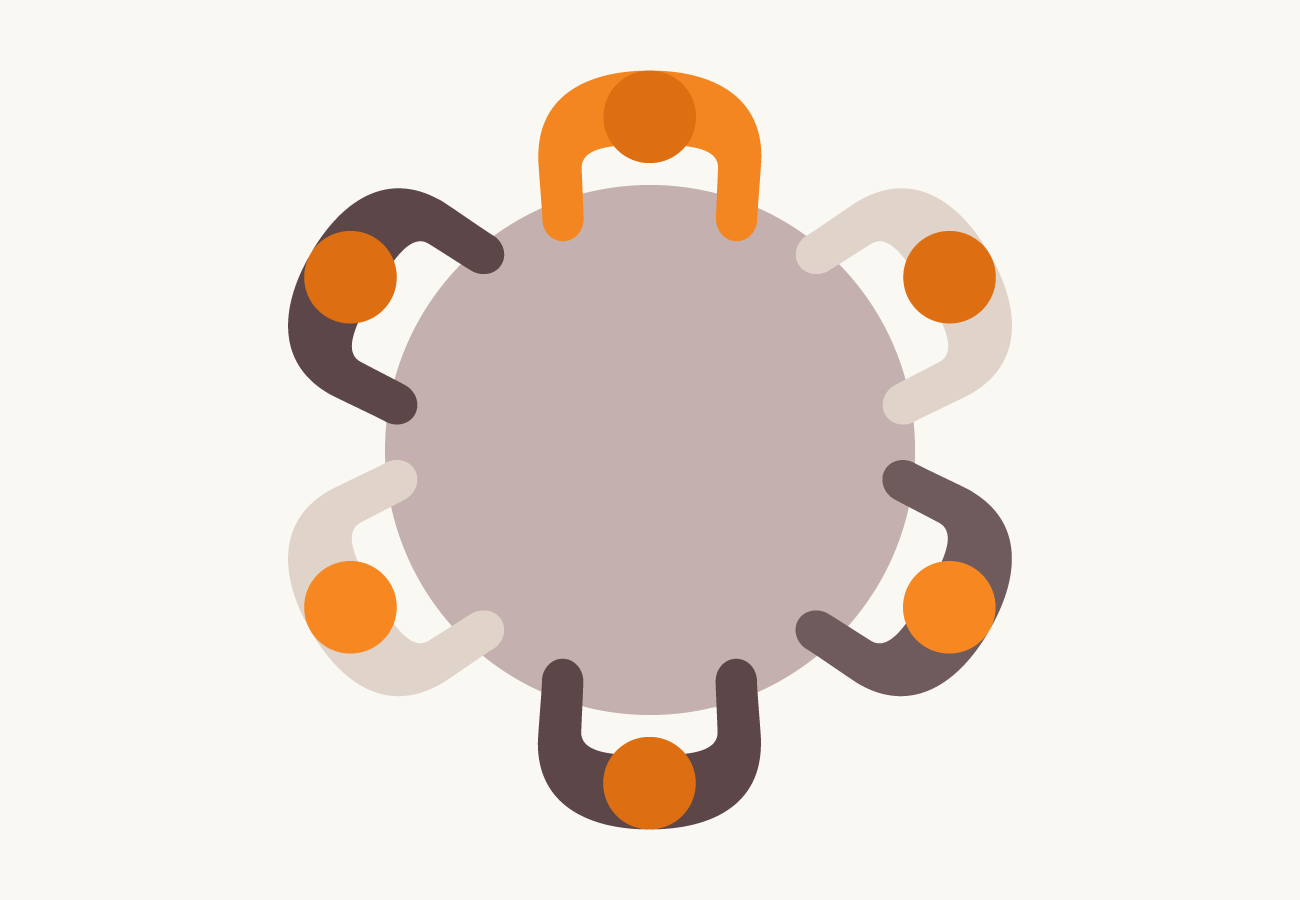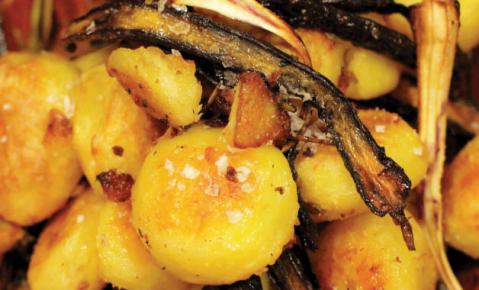 A survey published this week by Sustain (1) of a sample of Government department and agencies shows that most do not do one of the simplest things to save money and the planet - serve tap water instead of bottled water at their meetings. Only two departments and one agency routinely served tap water, five spent taxpayers' money on bottled water, four either could not be contacted or did not reply and one (Ofcom) refused to divulge their policy when asked.
A survey published this week by Sustain (1) of a sample of Government department and agencies shows that most do not do one of the simplest things to save money and the planet - serve tap water instead of bottled water at their meetings. Only two departments and one agency routinely served tap water, five spent taxpayers' money on bottled water, four either could not be contacted or did not reply and one (Ofcom) refused to divulge their policy when asked.
Top of the table is the Food Standards Agency, which recently changed its policy as part of its renewed commitment to sustainable development and now serves tap water (2). Green minister David Miliband's Department of Environment, Food and Rural Affairs also does well, serving jugs of tap water (although allowing meeting participants to request mineral water), as does the Department of Transport (though their tap water is put into bottles rather than jugs).
Bringing up the rear are the Cabinet Office, the House of Commons, the Treasury and the Departments for Health, and for Education and Skills – all serving bottled water.
The survey coincides with today's publication of Have you bottled it? How drinking tap water can help save you and the planet, a report by the campaign organisation Sustain, which reveals that, despite bottled water costing around 500 times as much as tap water, analysts predict we will buy more than 2 billion litres this year, with the market still growing by 6-7% annually.
A string of bottled water contamination scares (3) does not seem to have dented our enthusiasm, and we seem willing to turn a blind eye to bottled water's impact on the environment. The bottles contribute to the half a million tonnes of plastic we throw away every year, and “water miles” (4) are adding to the damage caused by food miles – the report highlights bottled water available in the UK from Canada, Turkey and Fiji. The report also reminds readers that, with London and the South East still not fully recovered from the drought, it takes an estimated two litres of water to produce a litre of bottled water – all because drinking tap water has become unfashionable, thanks partly to marketing by major multinationals like Danone and Nestlé (5).
![]() Download 'Have you bottled it? How drinking tap water can help save you and the planet'
Download 'Have you bottled it? How drinking tap water can help save you and the planet'
But Sustain thinks the tide is turning against bottled water. A spokesman said: “We are delighted that the FSA, Defra and the Department for Transport are doing their bit for the environment and saving taxpayers' money. We'd like to see the rest of government follow their lead – after all, British mains water continues to be very high quality and great value. In the meantime, everyone can do their bit – get your drinking water from the tap, and spend the money you save on buying local, organic food!”
ENDS
Phone:
Jeanette Longfield on 0203 5596 777
Kath Dalmeny on 0203 5596 777
Notes
- Sustain: the alliance for better food and farming – advocates food and agriculture policies and practices that enhance the health and welfare of people and animals, improve the working and living environment, enrich society and culture and promote equity. We represent around 100 national public interest organisations, and are independent from the agri-food industry. Sustain is a not-for-profit organisation and a registered charity.
- The Food Standards Agency will now provide tap water on request for all meetings held at Aviation House and from January 2007 will also be able to provide mains-fed bottled water in 70cl re-useable bottles. This latter option will be chilled and bottled on the premises. There will also be a facility to carbonate water on site. This will replace the current system of bought-in bottled (still and fizzy) water thereby saving on waste (boxes), energy (transportation) and promote re-use of bottles.
Contact: Press Office, Food Standards Agency:
Tel: 020 7276 8888; Fax: 020 7276 8833 - For example, benzene in Perrier in 1989, bromate in Dasani in 2004, and naphthalene in Volvic in 2005.
- For example, eponymous Fiji water from 10,000 miles (16,000 km) away, Naya water from Quebec, Canada (3,000 miles/5,000km) and elmas water from Turkey (1,500 miles/2,500km). All samples bought in London supermarkets in 2006.
- Danone brands include Evian and Volvic (with an estimated 17% market share), with Nestlé products including Buxton, Perrier, San Pellegrino and Vittel along with Powwow, used in bottled water coolers.
Download 'Have you bottled it? How drinking tap water can help save you and the planet'
Food Facts: A series of short reports on over a dozen different products, shows how people's shopping choices - as well as government policy - can protect the environment, enhance social justice and improve health.


